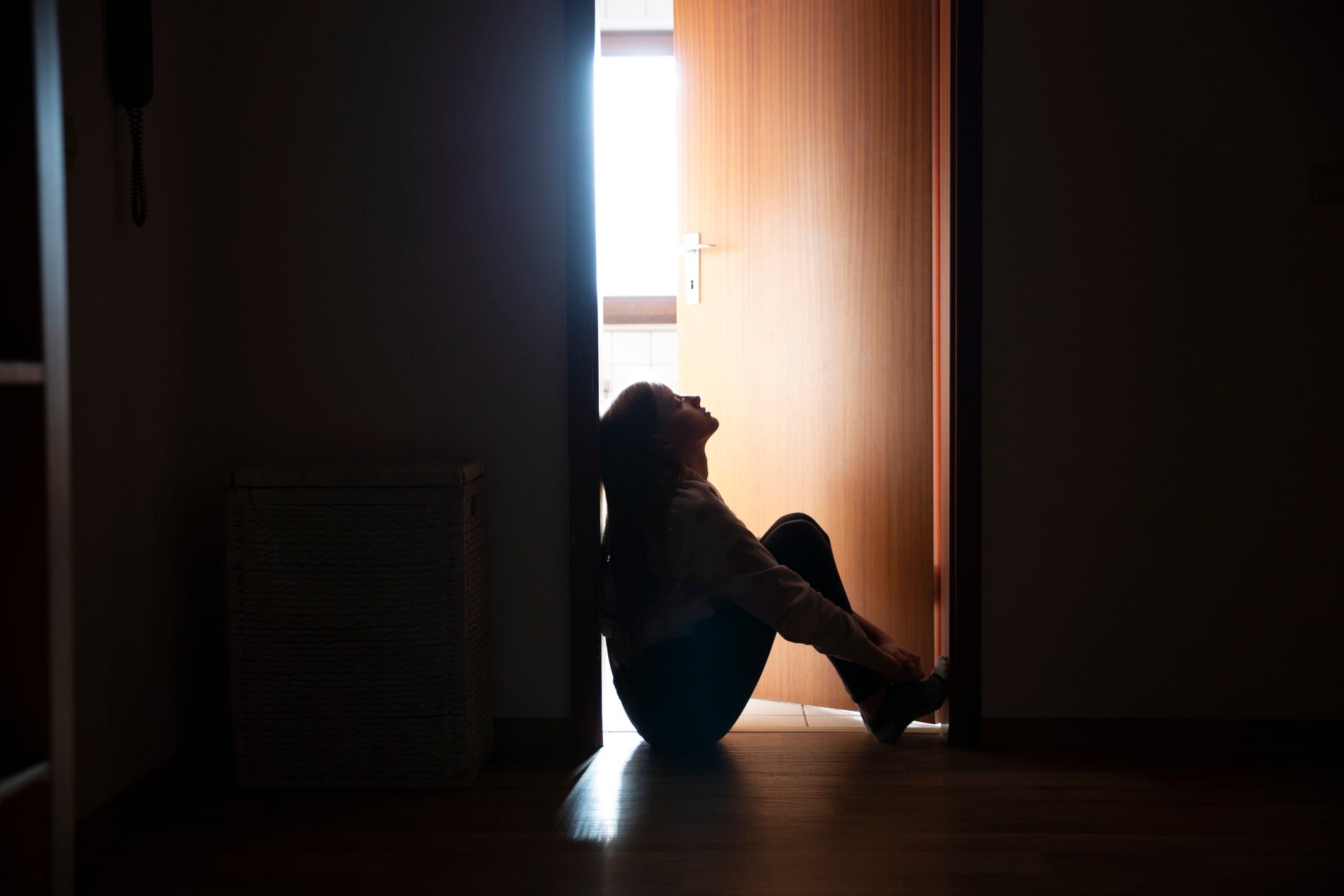Public school teachers already receive training in suicide prevention as part of their professional development under current law.
Now lawmakers are working to have principals, librarians, and faculty who interact with children daily in schools required to complete a one-time training program in suicide prevention.
A bill that cleared the Assembly Education Committee last week would bolster the number of school personnel who would be trained in suicide prevention to spot the signs of a crisis before it occurs.
The impetus to address youth suicide by state lawmakers is part of a renewed focus on the issue after a teenager in Ocean County died by suicide last month. Caregivers, educators, and policymakers are working on solutions as young people nationwide navigate a mental health crisis magnified by the COVID-19 pandemic. Data released last month from the Centers for Disease Control and Prevention said that the percentage of surveyed high school students who had made a suicide plan and attempted suicide increased between 2011 and 2021.
“Any way that we can educate and train people to sharpen their skills as to what to look for and how to have that conversation without judgment and really giving kids spaces and places to talk, I think that we’re going to make a difference,” Susan Tellone, the clinical director for the Society for the Prevention of Teen Suicide, said of the legislation.
‘Duty to warn and protect’
Under this new bill, the state would be responsible for identifying suicide prevention training programs for local school officials. The legislation specifies that a person who completes the training has “a duty to warn and protect” when a student has told them of an intent to hurt themselves. School personnel trained in suicide prevention would not be held liable if they take steps to protect the student from self-harm and warn others about the incident.
Some advocates like Tellone said they see a correlation between this bill and legislation Gov. Phil Murphy signed into law last year requiring the board of education in each school district to develop a threat assessment team at every school. The purpose of the teams is to assist teachers and staff in identifying students whose behavior could pose a risk to the school community or to themselves. These teams should include school administrators, counselors, and mental health and law enforcement professionals.
If there is a child in school showing signs of threatening behavior, “you want to get to them early on and find out what’s going on,” said Tellone. “And hopefully de-escalate that behavior and really get that child the supports that they need … before they make a decision that could really be detrimental for their lives and other people’s lives,” she said.
Attempted suicide among Black young people and suicidal ideation among LGBTQ+ youth has been concerning. In 2021, 45% of surveyed LGBTQ+ high school students said they considered attempting suicide, according to recent data from the CDC. Black high school students were more likely than Asian American, Hispanic, and white students to attempt suicide, the CDC noted.
Mental health professionals statewide are trying to address youth suicide among all children, and especially youth of color, but recognize the challenges that exist.
‘We have to come together’
“There’s a long history, and some of it is not good, for people of color to engage with (mental health) systems,” said Kalisha Smith, a licensed clinical social worker and clinical consultant with the Society for the Prevention of Teen Suicide.
“A lot of the work that I do, specifically as a woman who is a person of color, is coming in and taking some accountability and saying, ‘Yeah, those systems were not welcoming to folks that may have looked like me. The worry that people feel about interacting with them could be warranted. But at this point, we’re in dire straits. We have to come together to save the lives of our young people,” said Smith.
This also means that people who represent mental health systems must be willing to have hard conversations and “cultural humility,” Smith noted.
“You’ve got to be willing to say, ‘Hey, I’ve got this very useful information, but I also recognize I may or may not be a part of your community system. Tell me how your community system works and where we can get this information to the people who need it most,” she said.
In addition to addressing these mental health issues, mental health advocates and school professionals have noted the shortcomings of the bill that advanced last week to train more school staff on suicide prevention and the ways it can be improved.
“It’s not really going to address resources and capacity for school to be able to put protective factors all around kids (and) whether or not parents are in a good position to be partners on all this,” said Jeffrey Moore, the superintendent of Hunterdon Central Regional High School District. “There’s a lot that training can do, but there’s an awful lot that it can’t do that’s necessary in this situation as well.”
School personnel should also be trained more than once, Tellone noted in her testimony before the Assembly committee. Teachers are required to have two hours of training every five years on suicide prevention, she noted, and suggested that the bill require 60 minutes of training every five years for other school personnel.
“I think this bill is giving a message that it’s not just the counselors job, it’s a competent community that we want to build around suicide prevention,” Tellone said. “That it’s everyone’s responsibility on some level to know what to look for and how to help a child.”
Bobby Brier is a multimedia mental health reporter at NJ Spotlight News, where this story was first published. He focuses on underserved and rural communities throughout New Jersey via a partnership with Report for America. NJ Spotlight News is a content partner of Chalkbeat Newark.







